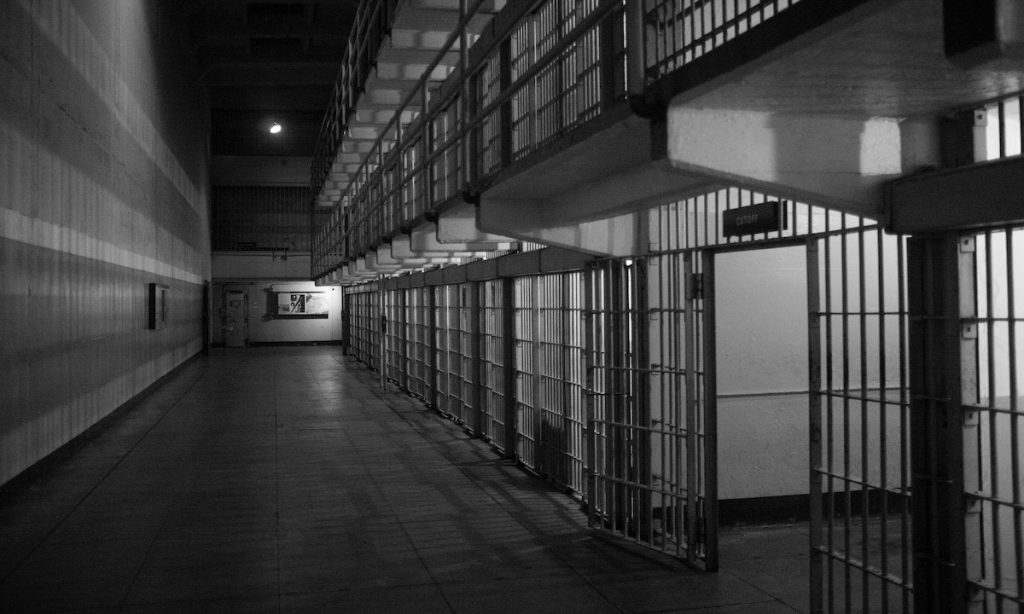Michigan’s Debtors Prisons? Task Force Makes Recommendations for Overhauling Jails System
Task force co-chair Lt. Gov. Garlin Gilchrist calls the recommendations “the deepest dive in the history of the county jails system” in Michigan.

Jails across Michigan are in a state of crisis. Overcrowding and mental health concerns are serious problems, ones that cost taxpayers money and could compromise safety for inmates and communities alike.
“If it’s not making us safer, why keep banging our heads against the wall?” – Chief Justice Mary McCormack, Michigan Supreme Court
Last year, Lieutenant Governor Garlin Gilchrist and Michigan Supreme Court Chief Justice Bridget Mary McCormack teamed up as co-chairs of a new task force meant to find better ways to run our courts, jails and prisons while making the state a safer place.
The Michigan Joint Task Force on Jail and Pretrial Incarceration made its recommendations earlier this month. They include stopping the practice of revoking drivers licenses in cases where people don’t pose a threat on the roads, as well as to strengthen the likelihood that people can be released while they’re awaiting trial, among many other things.
See all of the recommendations here.
Click on the player above to hear Gilchrist and McCormack talk about the state of the criminal justice system in Michigan.

Today’s guests
Lt. Gov. Garlin Gilchrist is co-chair of the Michigan Joint Task Force on Jail and Pretrial Incarceration. He says the task force represents “the deepest dive in the history of the county jails system” in Michigan.
Michigan Supreme Court Chief Justice Bridget Mary McCormack is co-chair of the task force. She notes that Michigan spends about $2 billion every year on prisons alone. “And if it’s not making us safer, why keep banging our heads against the wall?” she says.
“To the extent that we can be more careful about who we funnel into that system, we will be way ahead of much of the rest of the country on this,” says McCormack.
When posed with the idea that what is currently happening in Michigan’s courts and jails systems represent a form of modern day debtors prisons, Gilchrist says that’s not all that far-fetched.
“I don’t think you need to be afraid to go there,” says the Lieutenant Governor.
McCormack notes that it’s unconstitutional to send someone to jail because they can’t pay fines or fees.
